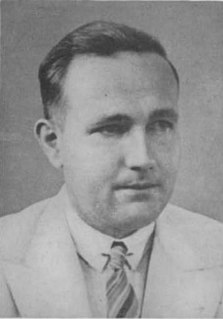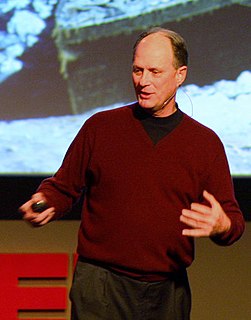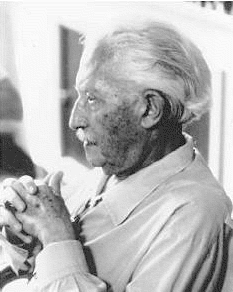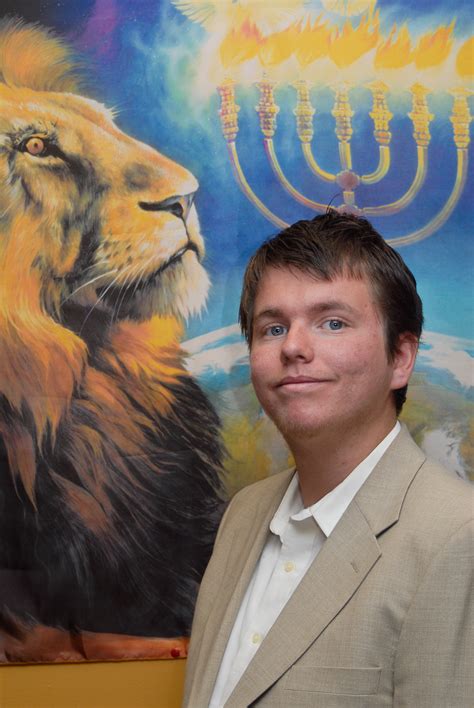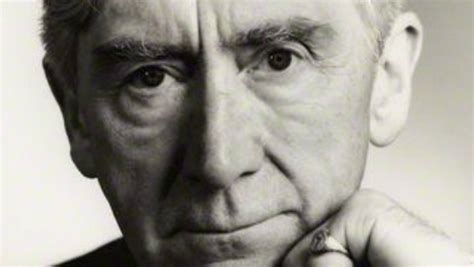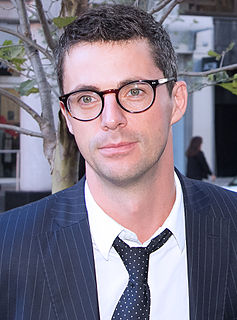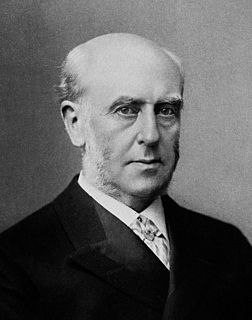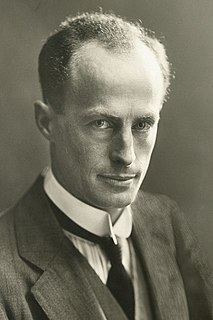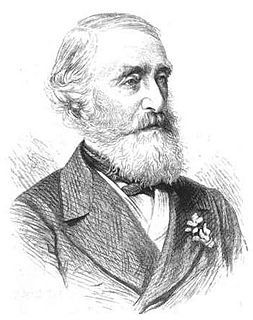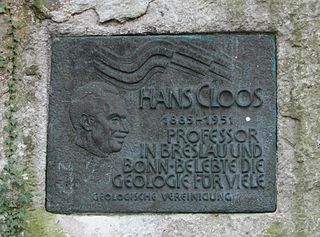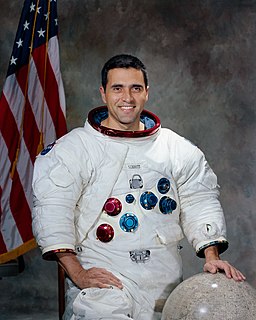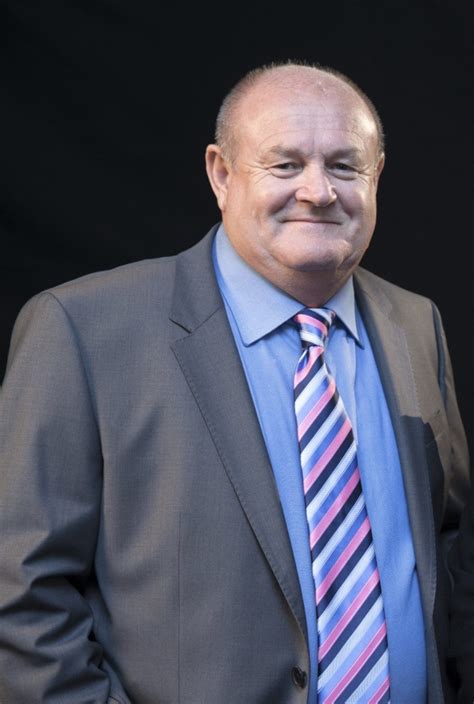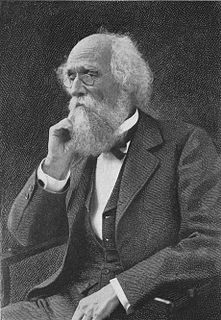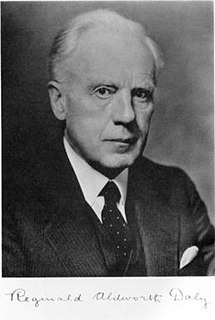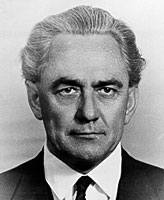A Quote by Reinout Willem van Bemmelen
As geology is essentially a historical science, the working method of the geologist resembles that of the historian. This makes the personality of the geologist of essential importance in the way he analyzes the past.
Related Quotes
Essentially every scientist, when posed with the question, "If you want to get science knowledge from Mars, do you want to send a geologist or do you want to send a robot?" Well, the real answer is, you can send 100 robots for the price of sending one geologist, so let's send 100 robots to 100 different locations, and then we would all benefit. So that's the answer you would get. And I agree with that answer.
Exact science and its practical movements are no checks on the greatest poet, but always his encouragement and support ... The sailor and traveller, the anatomist, chemist, astronomer, geologist, phrenologist, spiritualist, mathematician, historian and lexicographer are not poets, but they are the lawgivers of poets and their construction underlies the structure of every perfect poem.
[In geology,] As in history, the material in hand remains silent if no questions are asked. The nature of these questions depends on the "school" to which the geologist belongs and on the objectivity of his investigations. Hans Cloos called this way of interrogation "the dialogue with the earth," "das Gesprach mit der Erde."
No Geologist worth anything is permanently bound to a desk or laboratory, but the charming notion that true science can only be based on unbiased observation of nature in the raw is mythology. Creative work, in geology and anywhere else, is interaction and synthesis: half-baked ideas from a bar room, rocks in the field, chains of thought from lonely walks, numbers squeezed from rocks in a laboratory, numbers from a calculator riveted to a desk, fancy equipment usually malfunctioning on expensive ships, cheap equipment in the human cranium, arguments before a road cut.
. . . What role does historiography play in the way a society and culture "remembers" past events? Does the historian have a moral or civic responsibility to this project of memory that ought to influence the way he or she engages in historical practice? Should moral concerns influence the historian's choice of subject matter, of issues to discuss, of evidence to use?
